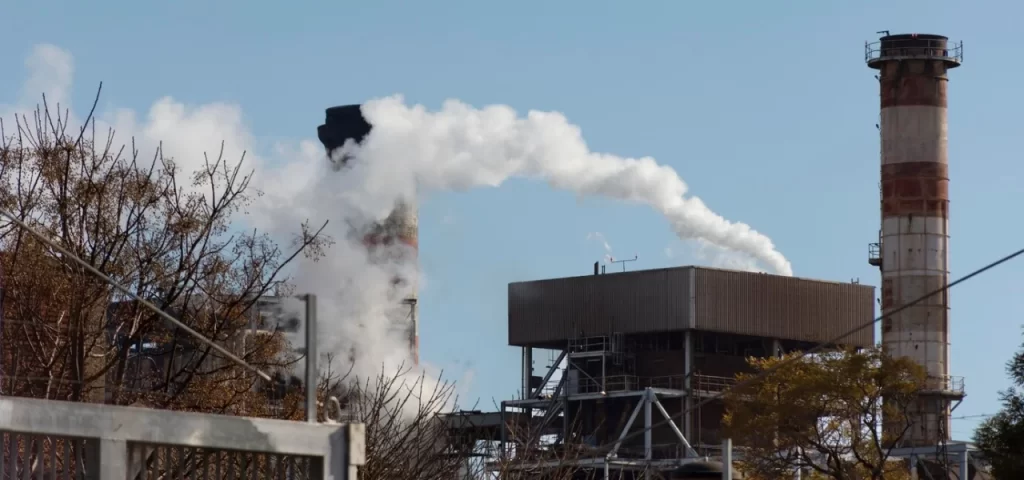Introduction
In a world grappling with climate change, carbon emissions have become a critical issue. The increasing concentration of greenhouse gasses, primarily carbon dioxide (CO2), in our atmosphere is causing global temperatures to rise, resulting in a wide range of environmental and societal challenges. To combat this issue and secure a sustainable future, it is essential to understand the causes of carbon emissions and explore effective ways to reduce them. In this blog, we will delve into the complex issue of carbon emissions and present a comprehensive guide on how to tackle this pressing challenge.
Understanding Carbon Emissions
1. The Sources of Carbon Emissions
Carbon emissions primarily come from the combustion of fossil fuels such as coal, oil, and natural gas. These sources include:
- Energy production: Power plants burning coal or natural gas for electricity.
- Transportation: Cars, trucks, airplanes, and ships burning gasoline, diesel, and jet fuel.
- Industry: Manufacturing processes and the use of fossil fuels in various applications.
- Deforestation: Cutting down trees reduces their ability to absorb CO2.
- Agriculture: Methane emissions from livestock and rice paddies, as well as CO2 from land-use changes and fertilizer use.
2. The Consequences of Carbon Emissions
The consequences of high carbon emissions are evident in the form of climate change, with increased temperatures, more frequent and severe weather events, rising sea levels, and disruptions to ecosystems. These changes threaten agriculture, water resources, and human health, making carbon emissions a global concern that requires urgent attention.
Tackling Carbon Emissions
1. Transitioning to Renewable Energy
One of the most effective ways to reduce carbon emissions is to transition from fossil fuels to renewable energy sources. This involves investing in solar, wind, hydro, and geothermal energy, which produce electricity without emitting CO2. Governments, businesses, and individuals can support this transition by:
- Implementing policies that promote renewable energy adoption.
- Investing in research and development to improve renewable technologies.
- Subsidizing renewable energy projects.
- Supporting grid modernization and energy storage solutions.
2. Improving Energy Efficiency
Reducing energy waste through energy efficiency measures is another critical step in tackling carbon emissions. This involves:
- Upgrading buildings with better insulation and energy-efficient appliances.
- Promoting energy-efficient transportation options like electric vehicles.
- Implementing industrial and manufacturing process improvements.
- Adopting smart technologies and practices that minimize energy consumption.
3. Sustainable Transportation
The transportation sector is a major contributor to carbon emissions, but it can also be a significant part of the solution. Here’s how we can make transportation more sustainable:
- Encourage public transportation and promote carpooling.
- Invest in electric vehicles and charging infrastructure.
- Develop bike lanes and pedestrian-friendly urban planning.
- Support research into advanced transportation technologies.
4. Reforestation and Land Management
To offset carbon emissions and enhance carbon sequestration, reforestation and improved land management practices are essential. This includes:
- Planting more trees and conserving existing forests.
- Implementing sustainable agriculture and land-use practices.
- Protecting and restoring wetlands and other carbon-rich ecosystems.
5. Carbon Pricing
Implementing carbon pricing mechanisms, such as carbon taxes or cap-and-trade systems, can provide financial incentives for individuals and industries to reduce emissions. This approach internalizes the cost of carbon pollution and encourages innovation in emissions reduction technologies.
6. Public Awareness and Education
Raising public awareness about the impacts of carbon emissions and the importance of mitigation is vital. Education campaigns can encourage individuals to reduce their carbon footprint by conserving energy, supporting renewable energy, and making sustainable choices in their daily lives.
7. International Cooperation
Carbon emissions are a global issue that requires international cooperation. Nations must work together to set ambitious emissions reduction targets, share technology and knowledge, and provide support to less developed countries to ensure a fair and equitable transition to a low-carbon economy.
Conclusion
Tackling the pressing challenge of carbon emissions is a multifaceted endeavor that requires commitment and concerted efforts from governments, industries, and individuals. By transitioning to renewable energy, improving energy efficiency, adopting sustainable transportation, practicing responsible land management, implementing carbon pricing, raising public awareness, and fostering international cooperation, we can make significant progress in reducing carbon emissions. Addressing this challenge is not only essential for preserving our planet’s climate but also for securing a sustainable and prosperous future for generations to come.






